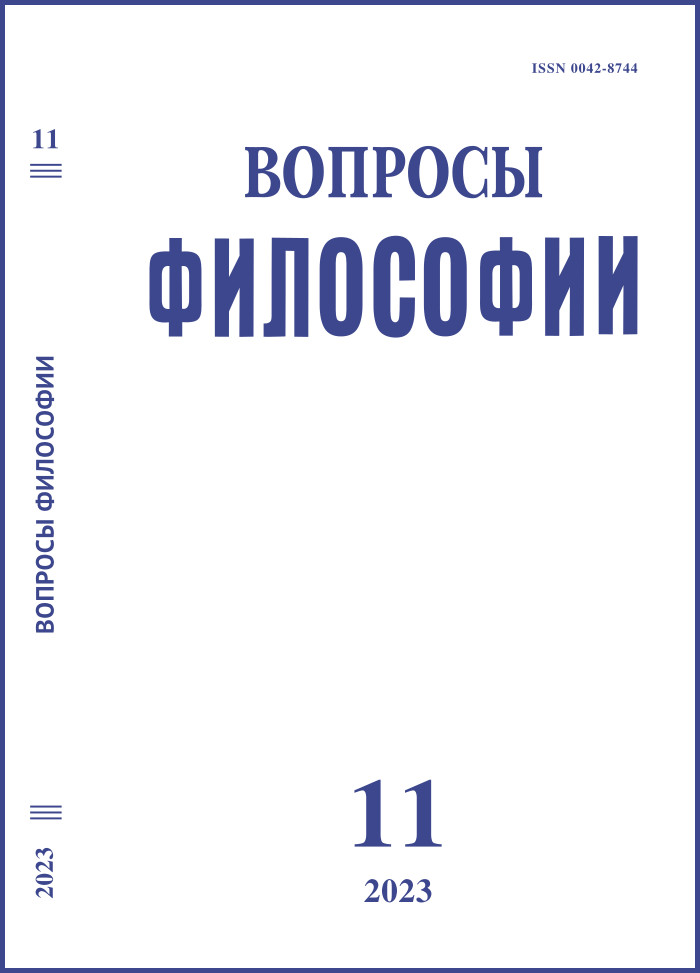Sensorium Dei
DOI:
https://doi.org/10.21146/0042-8744-2023-11-56-66Keywords:
space and time, Isaac Newton, Gottfried Leibniz, Louis Pasteur’s dissymmetry, state of space, Vladimir Vernadsky’s biological time-space, Erwin Bauer’s non-equilibrium principle.Abstract
The problem of space in philosophy is as old as the problem of time. It comes down to an alternative: whether the three-dimensional volume of the surrounding space exists by itself, as Newton argued, or is associated with the bodies filling it (Leibniz). In the history of philosophy, the dispute between them is qualified as the opposition of the substantial and relational concepts of time and space. It is rarely mentioned, however, that Newton’s “in itself” meant the divine establishment of time and space. Euler got rid of the religious solution to the problem of space, who accepted the material universe as a source of formation of a three-dimensional volume. Thus, in mechanics, which began to be called classical, the Newtonian version was replaced by the relativistic one. This is how everyone interpreted the theory of relativity, including the author himself. But in fact, in its depth, Einstein’s solution returned Newton’s version to science, Henri Bergson convincingly argued, only in place of the Newtonian Creator one should put living nature as a source of universal time and absolute space. Bergson understood life as a new kind of movement, not reducible to mechanics. Bergson’s theoretical positions have been scientifically proven by Vladimir Vernadsky in the concept of the proper state of the space of living matter, as well as by biophysicist Erwin Bauer in the principle of non-equilibrium of living systems. The internal energy of living organisms allows them to do work due to entropy. Newton’s conjecture about the sensorium of God turned out to be fruitful.

